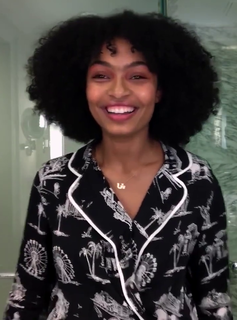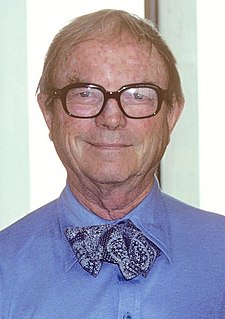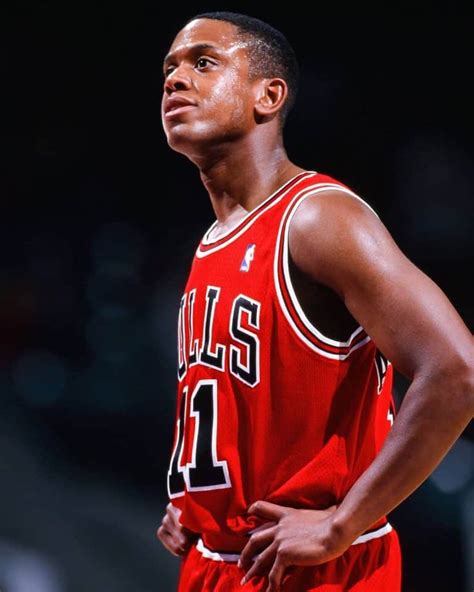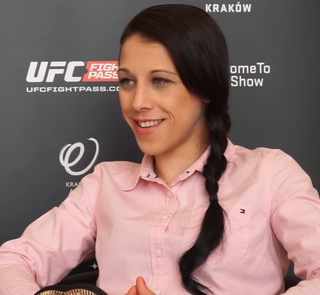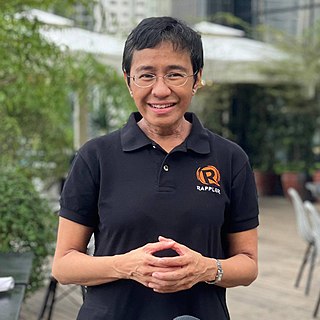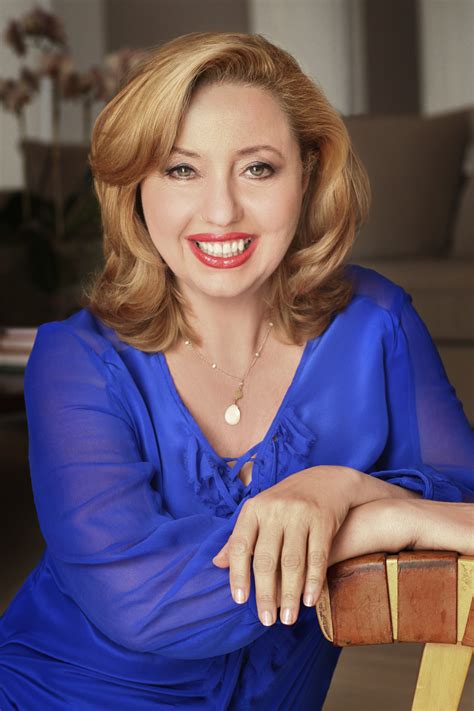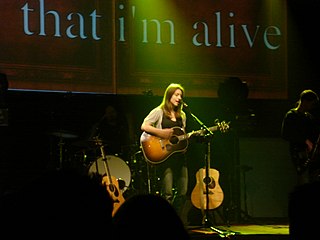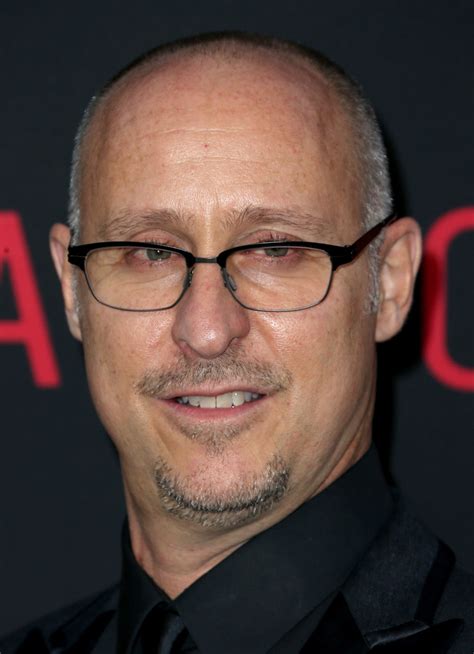Цитата Роз Част
Всегда хотел научиться вязать коврики крючком. Меня этому научил замечательный художник по имени Лесли Джулиани. Приятно то, что вы можете изменить его по ходу дела.
Связанные цитаты
Модельный бизнес научил меня в юном возрасте тому, как говорить «нет», что характерно для девочек — мы не всегда умеем говорить «нет». Мы хотим быть хорошими, а потом забываем позаботиться о себе. Были моменты, когда я работала моделью, и это была самая фантастическая вещь в мире. И были моменты, когда я понимал: «Хорошо, мне десять лет, и я провел последние шесть часов на улице под дождем». Это научило меня, как быть конкретным в том, какие проекты я хочу делать, и какую работу я хочу делать.
Каждый великий художник должен начать с обучения рисованию одной линией, и мой совет молодым аниматорам — научиться жить с этим острым как бритва инструментом или искусством. Художник, который приходит ко мне с восемью или десятью хорошими рисунками человеческой фигуры простыми линиями, имеет хорошие шансы быть принятым на работу. Но я скажу художнику, который придет с кучей рисунков Багза Банни, вернуться и научиться рисовать человеческое тело. Художник, который знает это, может научиться рисовать ЧТО-НИБУДЬ, включая Багза Банни.
Я хотел узнать, как работает бизнес. Я хотел посмотреть, как людей набирали на драфте, как обменивали игроков, как их подбирали в качестве свободных агентов, как работал потолок зарплат, как вы управляете организацией, как вы заключаете контракты. Быки дали мне прекрасную возможность ответить на все вопросы, которые я хотел задать.
Из всего, чему меня научили люди относительно жизненных уроков или чего-либо, что могло бы мне помочь, я не думаю, что что-то помогло мне узнать больше о жизни, чем футбол. Вы проходите через столько разных вещей: невзгоды, как справляться с невзгодами, как справляться с успехом, как руководить, как быть товарищем по команде, как общаться.
Для меня газетный бизнес был способом узнать о жизни, о том, как все устроено в реальном мире и как люди говорят. Вы изучаете все навыки — вы учитесь слушать, вы учитесь делать заметки — все, что вы используете позже как писатель, было ценным обучением в газетном мире. Но я всегда хотел писать романы.
Я думаю, самое главное, как долго мы остаемся в разочаровании. Когда моя мама видела, что мы погрязли в разочаровании, она говорила: «Переключи канал». Поэтому я заменяю разочарование новым направлением, куда я хочу идти и как я хочу себя чувствовать. Кроме того, когда что-то идет не по моему пути, я считаю, что это было предназначено не для меня.
С самого раннего возраста мои родители преподали мне самый важный урок всей моей жизни: они научили меня слушать. Они научили меня слушать всех, прежде чем я приняла собственное решение. Когда вы слушаете, вы учитесь. Вы впитываете как губка — и ваша жизнь становится намного лучше, чем когда вы просто пытаетесь, чтобы вас все время слушали.
Я никогда не был честолюбив. Я просто хотел потише, спокойнее, послушать общественное радио и сказать, привет, как дела? Садись, отдыхай. Но у меня был партнер по имени Фред Фримен, замечательный писатель, с которым я познакомился на Северо-Западе. И я подумал, что у нас все хорошо с Джеком Пааром, а он сказал: нет, нам нужно ехать в Голливуд. Мы должны написать ситком. Это грядущая вещь.
Моя семья пыталась воспитать меня так, как, по их мнению, должна быть молодая женщина. Но я хотел узнать о математике. Я, должно быть, унаследовал это от своего отца, он был мастером математики и естественных наук, и мне всегда нравились такие вещи. Конечно, мои мать и отец не соглашались со мной, чтобы я стал более образованным в математике, но я был настойчив, и в конце концов они уступили, и меня учил замечательный учитель.

